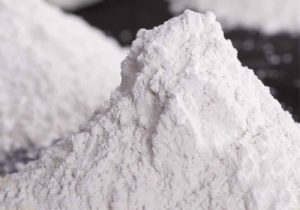
CP-10 Organoclay
CP-10 organoclay is a rheological additive made of organoclay. It is used in non-polar to moderately polar aliphatic and other solvent systems
Organophilic Clay Chemistry Type: Its main classification is divided into two major categories. Easily dispersed organic bentonite clay and pre gel organoclay bentonite.
In short, a dispersed organic bentonite can be directly added with dry powder, which can effectively play the role of easy dispersion, while the more gel type organic bentonite needs you to do the operation to realize its full dispersion.
Its main goal is to fully reflect the general properties of organic bentonite, such as anti settlement and rheological properties, during the dispersion process.
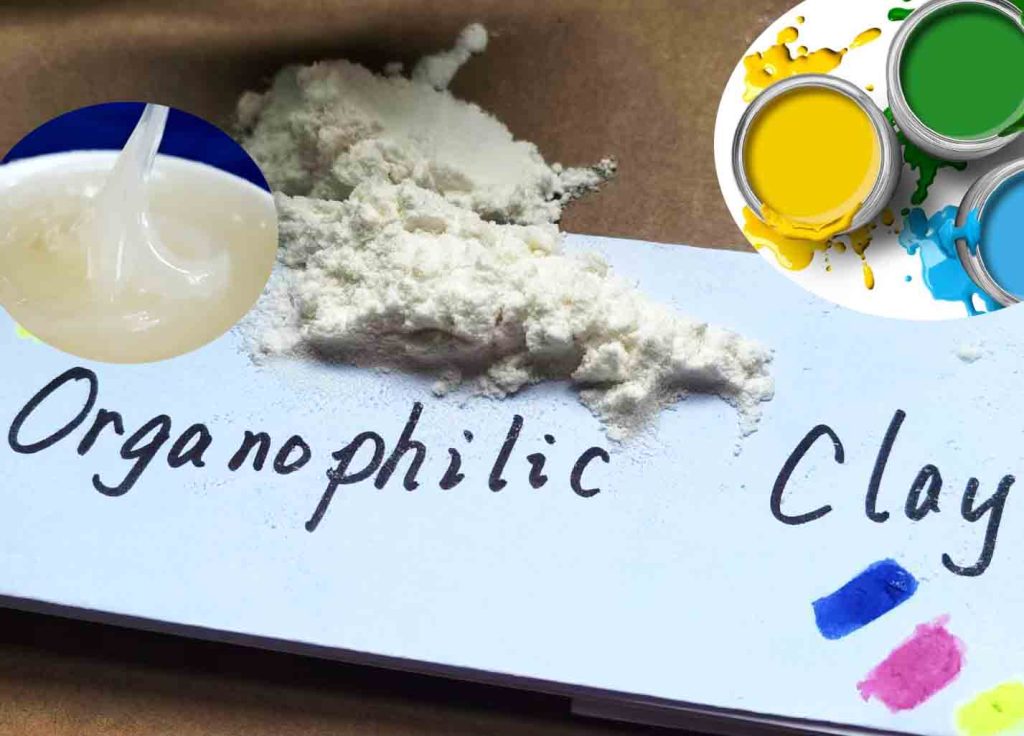

CP-10 organoclay is a rheological additive made of organoclay. It is used in non-polar to moderately polar aliphatic and other solvent systems

CP-MPZ organoclays is an modified bentonite that is used in solvent and resin systems ranging from non-polar to highly polar.

The CP-MPS rheology modifier is a type of organo clay rheological additive that is used in solvent and resin systems ranging from non-polar to high polarity.
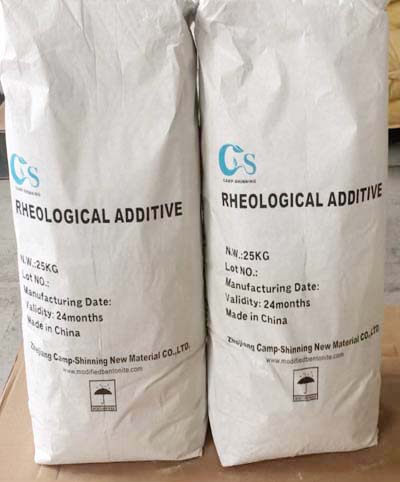
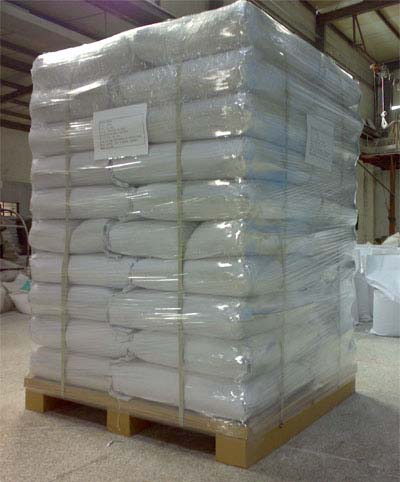
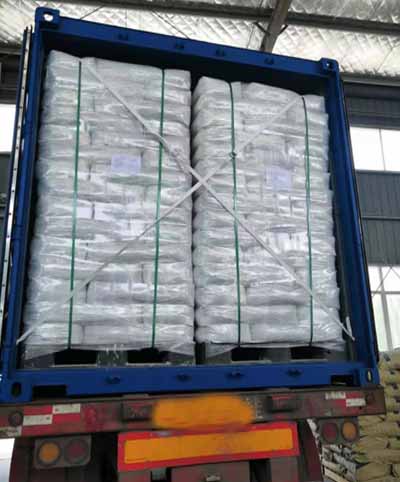
Organophilic Clay Chemistry Type: Our organophilic clay chemistry can assist! This smectite has been modified with organic cations, making it particularly effective at absorbing oils. It can be used in drilling muds, oil well treatments, water treatment, and other industrial applications. There will be no more oil s
Organoclay Supplier / Manufacturer :
Internet address: https://www.rheologymodifiers.com/
Email address: [email protected]
Whatsapp / Wechat: +86-13185071071
Organophilic Clay Supplier / Manufacturer :

CP-EW Organoclay for Water Based paint. It is primarily employed in water borne paint systems,such as latex paint. So it is a good water based additive in paints,coatings,grease etc.

CP-EWS Modified bentonite It is employed in a water-borne coatings system. CP-EWS organoclay outperforms CP-EW in terms of thixotropy, transparence, and dispersion.

CP-WBS Rheology Modifier is rheological modified bentonite. It is mostly employed in water-borne systems.


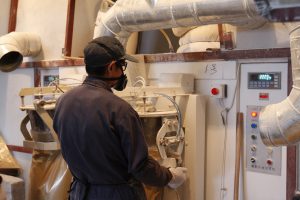
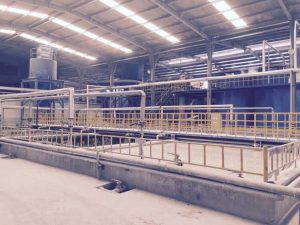

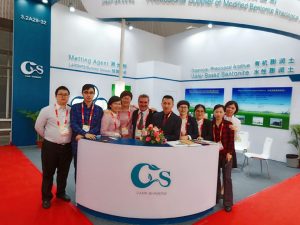
The Organoclay bentonite | Organophilic clay -specialized Zhejiang Camp-Shinning New Material CO.,LTD. and Hangzhou Camp-Shinning CO.,LTD. are subsidiaries of Camp-Shinning.
Camp-shinning concentrated on high value-added, high-technology organo bentonite series products, particularly in research, development, manufacturing, and sales of organic (solvent based organoclay) and inorganic bentonite (water based organoclay).
Our Organophilic bentonite clay finds widespread application in oil drilling mud, paint, coating, lubricating grease, adhesive, construction mortar, cosmetics, and waste water treatment, among other applications. A group of world-class professional users and distributors, such as SUN CHEMICAL,,SIEGWERK,LEHMANN &VOsS, and others, have acknowledged our dependable quality.
Current annual production of organic bentonite clay | organoclay is 20,000 metric tons, while refined bentonite production is 15,000 metric tons.
Our ISO 9001 quality system certification and IS014001 environmental management system certification, as well as our own mine with superior ore quality and production of proprietary technology, ensure the long-term quality and supply stability of our Organoclay bentonite | Organophilic clay.
Our mission is to provide users with superior Organoclay bentonite | Organophilic clay and services and to collaborate with them to achieve success and glory.
Internet address: https://www.rheologymodifiers.com/ and email address: [email protected]
Whatsapp / Wechat: +86-13185071071
Organophilic Clay Chemistry Type:
As a surfactant, organo clay is a form of clay. It has a very large specific surface area and hydrophobic properties. When cationic surfactants are intercalated into clay, the surface characteristics are altered and basal spacing is increased.
This increases the number of adsorption sites as well as the capacity for adsorption. Therefore, organoclay is a versatile material that can be used for a variety of purposes.
Organophilic Clay Chemistry Type
Organoclay is a form of clay with organic modifications. It is generated from a naturally occurring clay mineral, with the interlayer cations of the clay transformed into organocations.
Organophilic Clay Chemistry Type
The final product is an organic substance with a remarkable rheological characteristic. This substance is utilized in numerous applications, including oil/water separators, emulsions, and surfactants.
Organoclay is a modified organic clay
Organoclay’s surfactant components boost the clay’s absorption capacity, hence enhancing its hydrophobic qualities.
Organophilic Clay Chemistry
It functions as a surfactant.
Organo clay has the unusual capacity to dissolve organic chemical compounds in water. Because clay contains amines, it can combine with previously incompatible compounds. In contrast to oil, which cannot dissolve in water, organoclay readily dissolves oil.
Organoclay is produced by combining clay suspensions with specific organic solutions via chemical reactions. Its mechanism for adsorption is based on electrostatic contact.
Organoclay’s capacity to extract organic chemicals from wastewater has significant environmental and social uses.
It is utilized as a last polishing step for oil/water separators.
In emulsions, it is utilized as a rheology agent.
Organic modification of the clay mineral bentonite enables its use as a rheology agent for oil-based drilling fluids. It can absorb seven times its weight in both water and oil, making it an efficient oil solvent. In polymer chemistry, this form of clay can also serve as a viscosifier and nucleating agent.
Organophilic Clay Chemistry
Organoclay is utilized as a rheology agent in a variety of emulsions, including oil-based drilling fluids and drilling muds. It can enhance the stability, yield stress, and viscosity of oil-water invert emulsions due to its ability to improve oil-water invert emulsions. Its high concentration can also improve the stability of drilling fluids containing oil.
While there are numerous advantages of using organo clay, there are also some downsides. For instance, its yield point at high temperatures and viscosity at low temperatures are relatively low. Moreover, it tends to sag when forced to move under situations of high pressure or temperature. It may also produce wellbore fractures and kicks. To combat this, an alternative strategy is required. One strategy is to substitute organoclay with polymeric additions and optimize the fluid’s overall rheology.
Organophilic Clay Chemistry Type
Organoclays can also be used as rheology agents in oil-based paints and lubricants. These items are available in a variety of forms and are an economical alternative.
It is utilized to eliminate petroleum contamination
Organo clay is a type of surfactant-modified clay that has a high specific surface area and is hydrophobic. When cationic surfactants are intercalated, its adsorption capability rises. Organoclay has numerous applications, including the removal of petroleum pollutants, organic chemicals, and pesticides.
Organoclay is a clay that has been chemically treated and is frequently used in wastewater treatment. This form of clay is derived from volcanic ash and contains the mineral montmorillonite in addition to a number of synthetic chemical compounds. These chemicals give clay its industrially valuable characteristics. The clay can dissolve grease and oil.
Organophilic Clay Chemistry Type
Organoclay is produced by combining clay slurry with organic cation and organic salt solutions.
This technique is more suited for industrial applications because it does not require the use of solvents.
It has the advantage of being easy to prepare. The simplest technique for making organoclay is the aqueous solution method.
Organoclay Supplier / Manufacturer :
Internet address: https://www.rheologymodifiers.com/
Email address: [email protected]
Whatsapp / Wechat: +86-13185071071
Organophilic Clay Supplier / Manufacturer :

CP-180 organoclay is an organo clay rheological additive (modified montmorillonite) designed specifically for use in solvent-based systems

CP-34 organoclay is a modified bentonite that has been specifically designed for use in solvent-based systems.

CP-EDS modified bentonite is a kind of organo clay rheological additive. It is used in systems of medium polarity and high polarity system.

CP-992 Organophilic Clay, the wet process improved viscosifier and gelling agent . It is a rapidly dispersing.

CP-982 Organophilic Clay is an amine treated bentonite with a moderate temperature performance.

CP-150 Organophilic Clay is a self-activating organoclay that disperses easily and performs well in diesel, low aromatic mineral oil, modified vegetable oil, and synthetic base fluid formulations.
Organophilic Clay Chemistry Type